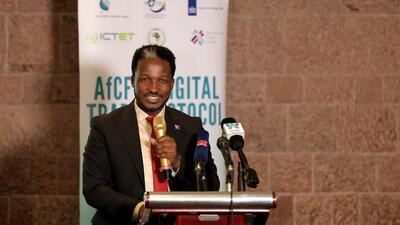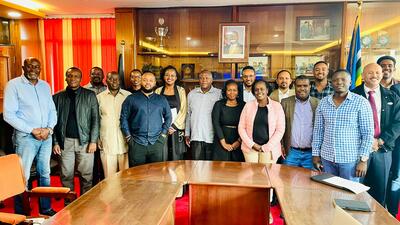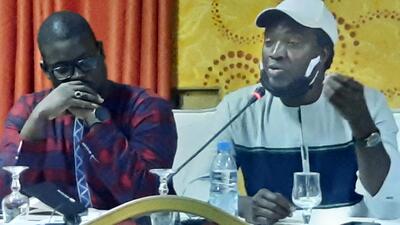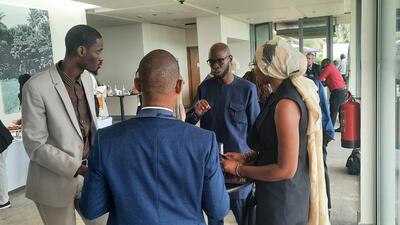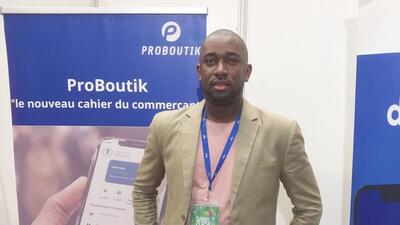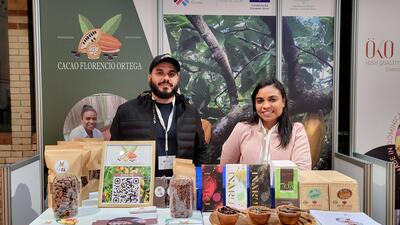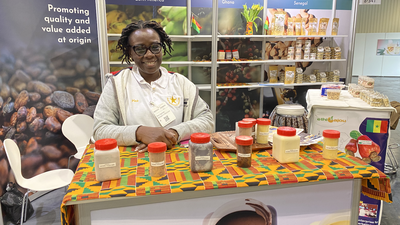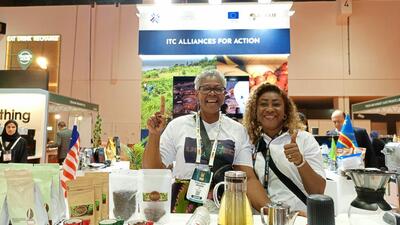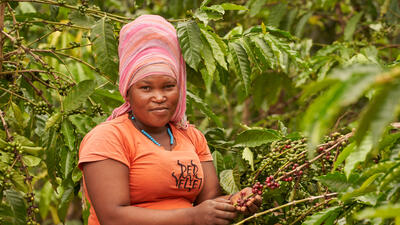
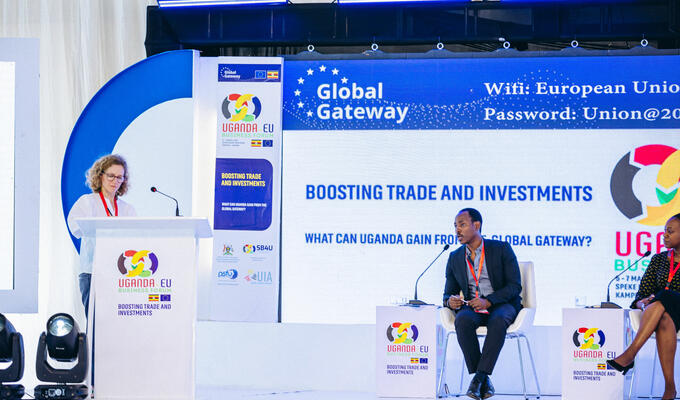
Advancing responsible business conduct in Uganda
At this year’s Uganda-EU Business Forum, the International Trade Centre (ITC) presented its pilot projects designed to help small businesses prepare for mandatory human rights and environmental due diligence.
New EU rules are among a wave of corporate environmental and human rights due diligence requirements. They affect both large EU companies and the small businesses and producers they work with globally.
Ugandan businesses that sell overseas or that want to access European markets increasingly need to demonstrate their compliance with these requirements. That affects key sectors like coffee.
Those concerns were raised at the third Uganda-European Union Business Forum, from 5 to 7 March 2024. As one of Uganda’s largest business meetings, the forum promotes networking and learning about policies, trade and investment opportunities.
On 6 March, ITC joined a panel discussion on trends in corporate sustainability due diligence. The session looked at mandatory due diligence for human rights and the environment, highlighting how new legislation in the EU and elsewhere affects Uganda.
It also looked at the human rights and business context in the country, and how to strengthen responsible business conduct.
Alliances for Action: ITC and partners lead pilots on support for compliance
ITC’s Malisa Mukanga, advisor on corporate sustainability due diligence and inclusive value chains, presented work on a pilot in Uganda, implemented using the Alliances for Action approach.
In Uganda, the pilot work focused on coffee and is funded by the EU-OACPS Rapid Response Window under the ACP Business-Friendly programme. It created a space for dialogue within the coffee value chain. That resulted in commonly agreed action plans to enable the sector to prepare for corporate sustainability due diligence requirements.
ITC also supports value chain due diligence pilots for cocoa in Ghana, coffee in Ethiopia, and textiles in Eswatini. These pilots promote collective and individual action and co-investment. They work in collaboration with:
- The European Commission, Directorate-General International Partnerships
- The Organisation of African, Caribbean and Pacific States (OACPS)
- The International Coffee Organization (ICO)
- The Ministry of Foreign Affairs of the Netherlands
- The Latin American and Caribbean Network of Fair Trade Small Producers and Workers (CLAC), which leads and finances additional pilots in coffee in Honduras and Brazil, and for cocoa in Dominican Republic and Peru
- Policymakers and value chain operators
This complements ITC's existing formal partnerships with the Fair-Trade Network organizations Fair Trade International, Max Havelaar Switzerland, Fairtrade Advocacy and Fair Trade Africa.
Key takeaways
Improved dialogue among value chain operators and policymakers is pivotal for effective collective action, the panel noted.
Based on pilot results, Malisa emphasized the need to raise awareness on mandatory human right and environmental due diligence and to clear up misconceptions.
Gabrielle Rosenau, country manager at Ibero Uganda, a leading coffee exporter in the pilot, said costs and time constraints could hinder compliance with the EU Regulation on Deforestation-free products (EUDR). In light of the number of coffee farming households and farms that need to be mapped, the EUDR’s urgent timeline raises some concern.
Overall, farmers and small businesses will need support to comply with the new requirements so they can deal with possible negative impacts on their own businesses.
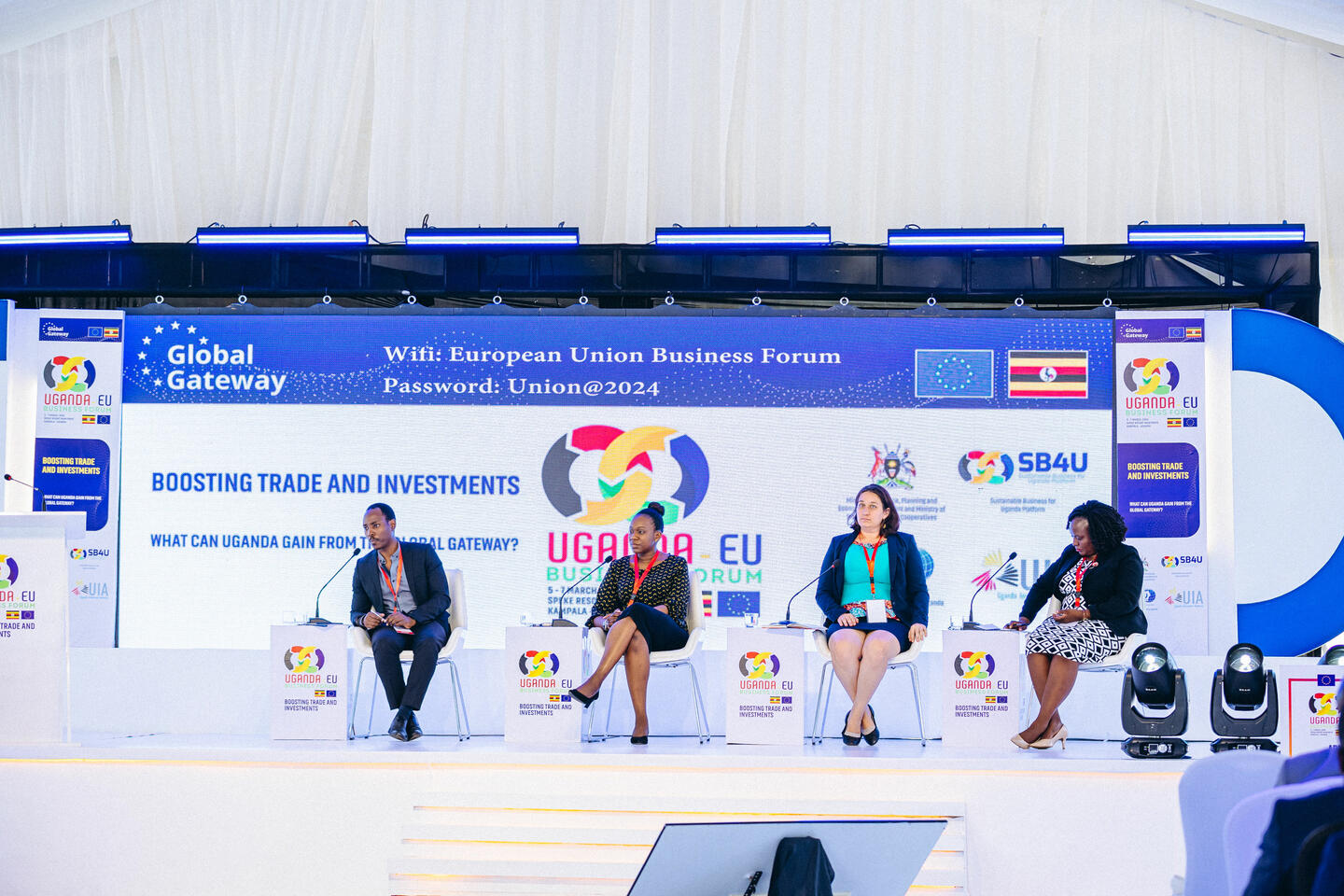
About the projects
The ACP Business-Friendly programme is funded by the European Union and the Organisation of African, Caribbean and Pacific States (OACPS) and jointly implemented by ITC, the World Bank and UNIDO. It seeks to improve the ability of agribusiness firms in ACP countries to compete, grow and prosper in domestic, regional and international markets. Through the Alliances for Action approach, ITC promotes inclusive and sustainable agricultural value chains that value all stakeholders from farm to shelf.
The Netherlands Trust Fund V (NTF) (July 2021 – June 2025) is based on a partnership between the Ministry of Foreign Affairs of The Netherlands and the International Trade Centre. The programme supports MSMEs in the digital technologies through its EcomConnect programme and agribusiness sectors through its Alliances for Action programme. Its ambition is two-fold: to contribute to an inclusive and sustainable transformation of food systems, partially through digital solutions, and drive the internationalisation of tech start-ups and export of IT&BPO companies in selected Sub-Saharan African countries.
The 'Eswatini: Promoting growth through competitive alliances II' project, funded by the EU, supports job creation for small farmers, entrepreneurs and artisans. Eswatini offers the global market unique organic produce, artisan roasted coffee, handmade cultural creations and gourmet condiment lines. ITC works closely with smallholder farmers, agro-processors and artisans in Eswatini to support them in ways that are sustainable and benefit both people and the planet. In this way, ITC fosters and preserves cultural heritage, and draws on artisan skills and concepts of green growth.




